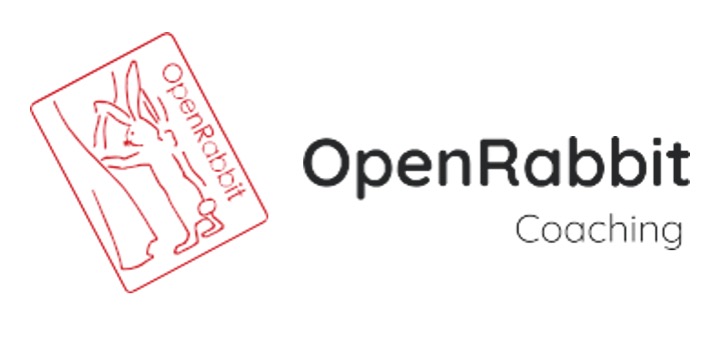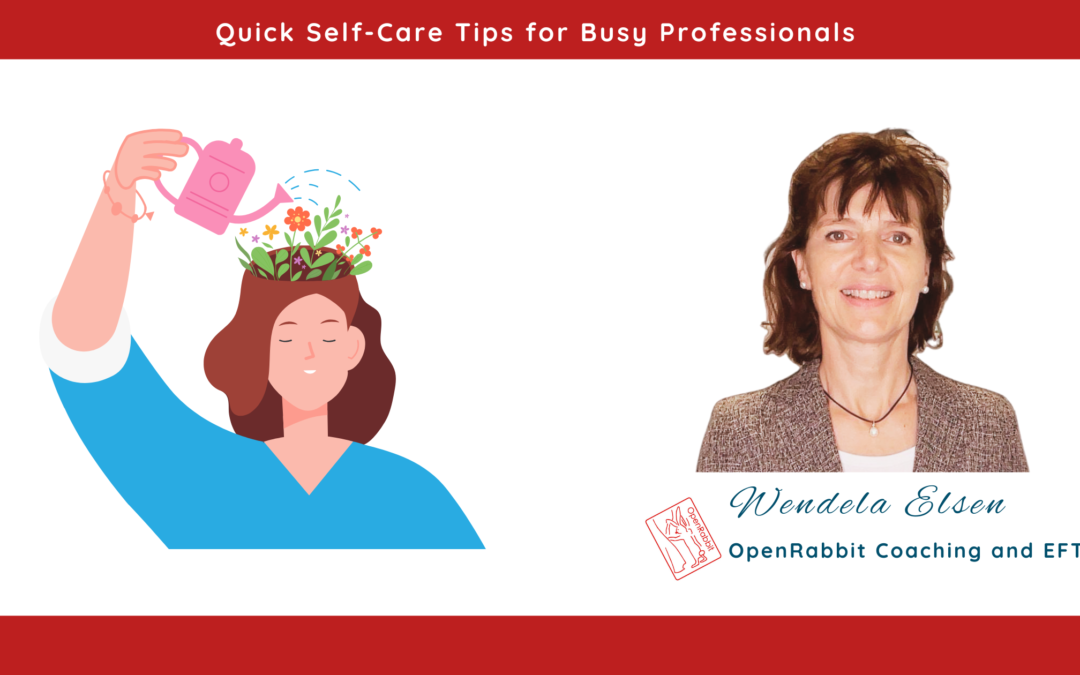In today’s fast-paced world, especially for professional women, burnout is a real threat. Many of us know the typical advice when it comes to self-care: regular exercise, healthy eating, better sleep, relaxation, and maintaining social connections. The list often feels overwhelming, especially when you are in the middle of a major project, preparing for a business trip, or tackling a high-stakes presentation. You might look at that self-care checklist and think, “How can I possibly find time for any of this right now?”
The truth is, even though you recognise the signs—feeling irritable, lashing out at colleagues or family, struggling with restlessness and lack of focus—self-care can feel like just another item on an already over-packed to-do list. But the good news is that self-care doesn’t always need to be time-consuming to be effective. You can take small, manageable steps that help improve your mood, ease your mind, and prevent burnout, even when you’re at your busiest.
Here are some self-care tips for busy professional women that don’t require much time but can make a big difference in how you feel.
- Mindfulness on the Go
Mindfulness is one of the most effective ways to calm your brain, and the best part is, it doesn’t require you to carve out hours of your day. Mindfulness is about being present in the moment—whether you’re commuting, making a cup of tea, or waiting for a meeting to start. It’s different from meditation in that you don’t need to be in a quiet space or dedicate a specific time to it. You can weave mindfulness into your day whenever you have a few spare minutes.
Mindfulness on the Train
Many of us commute by train or bus, and while it’s tempting to scroll through our phones or mentally run through our to-do lists, it can be an opportunity to practice mindfulness. Here’s a simple exercise you can try:
- Observe your surroundings: Look around and notice five things you’ve never paid attention to before—whether it’s the pattern of the seats or the view outside. Don’t judge or analyse these things, just observe.
- Listen: Tune into the sounds around you. Maybe it’s the hum of the train, the rustle of newspapers, or conversations nearby. Identify a few sounds without judgment.
- Smell: Use your sense of smell to pick up scents around you. Is there the smell of coffee or perfume in the air? Simply acknowledge it without forming an opinion.
This quick exercise brings you into the present moment, helping to calm your mind and give it a break from constant planning and worry.
Mindfulness doesn’t need to take hours; even a few minutes of being fully present can offer your brain a break and help you feel calmer. It’s something you can do anywhere, anytime—no special equipment or setting required.
- Gratitude Practice
It’s easy to get caught up in the stresses of everyday life and forget the things that are going right. Practicing gratitude is a powerful way to shift your mindset and reduce stress, and it takes just a few minutes a day. Research shows that expressing gratitude helps rewire your brain to focus more on the positives in your life, even during stressful times. It’s a simple exercise that can make a significant impact on your mood and well-being.
Morning Gratitude
Start your day with gratitude by thinking of ten things in your life that you are thankful for. These don’t have to be huge or profound—they can be as simple as:
- “I’m grateful for my warm, comfortable bed.”
- “I’m grateful for the fresh cup of coffee waiting for me.”
- “I’m grateful for the supportive text my friend sent last night.”
- “I’m grateful for a job that challenges and rewards me.”
- “I’m grateful for my healthy body that gets me through the day.”
By focusing on gratitude as soon as you wake up, you set a positive tone for the rest of your day. It helps to remind your brain that, amidst the chaos, there are still plenty of things going right.
Evening Gratitude
Before bed, take a moment to reflect on your day and again list things you’re grateful for. This doesn’t have to take long, and it helps shift your focus away from the stresses of the day and onto the positives. Falling asleep with thoughts of gratitude can improve the quality of your sleep, leaving you feeling more rested and refreshed.
- Breathing Techniques
When stress starts to overwhelm you, one of the fastest and most effective ways to calm your body is through focused breathing. Controlled breathing helps to lower your heart rate and activate your parasympathetic nervous system, which is responsible for relaxation and recovery.
One simple technique is box breathing:
- Inhale slowly through your nose for a count of four.
- Hold the breath for a count of four.
- Exhale through your mouth for a count of four.
- Hold your lungs empty for a count of four.
Repeat this cycle a few times until you feel your body start to relax. This can be done anywhere—at your desk, in the bathroom, even while waiting for a meeting to start. It’s a quick and effective way to reset your nervous system in just a few minutes.
- Five-Minute Movement
If you’re sitting at your desk all day, even just five minutes of movement can make a world of difference in how you feel. You don’t need to hit the gym or go for a long run—just stand up and stretch, walk around the office, or do a few squats. These small bursts of movement help release endorphins, which naturally boost your mood and energy levels.
You can also try chair yoga or simple stretches at your desk:
- Reach your arms overhead and stretch your body.
- Twist gently to the left and right to loosen your back.
- Stand and touch your toes or do a quick shoulder roll to release tension.
Even these small movements can refresh your body and mind, leaving you more focused and energized.
Conclusion
As a busy professional woman, it can feel impossible to prioritise self-care. But taking just a few minutes each day for mindfulness, gratitude, breathing exercises, or simple movement can make a big difference in your mood, energy, and overall well-being. Remember, self-care doesn’t have to be a big production. Small, manageable steps can help you prevent burnout and keep you feeling your best—even during your busiest times.
Wendela Elsen is an ICF certified coach and EFT practitioner. She helps professional women navigate draining life challenges to restore joy and fulfilment in work, family and social life. You can read more about her work on her website https://openrabbit.com
©Wendela Elsen, 2024, All rights reserved.

